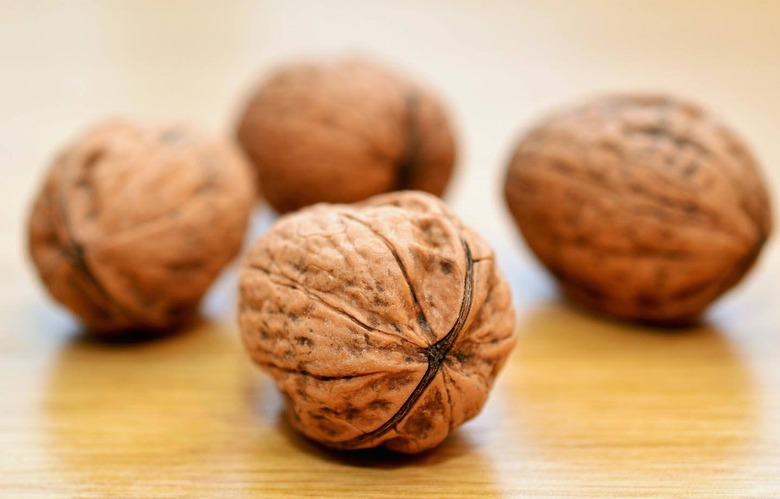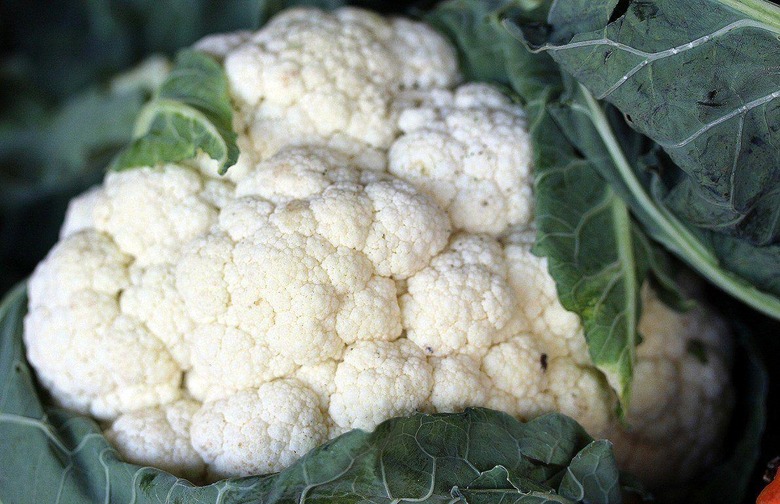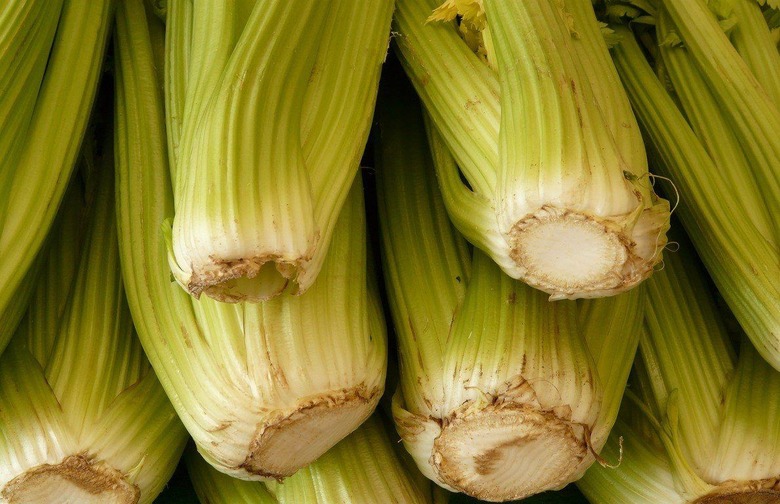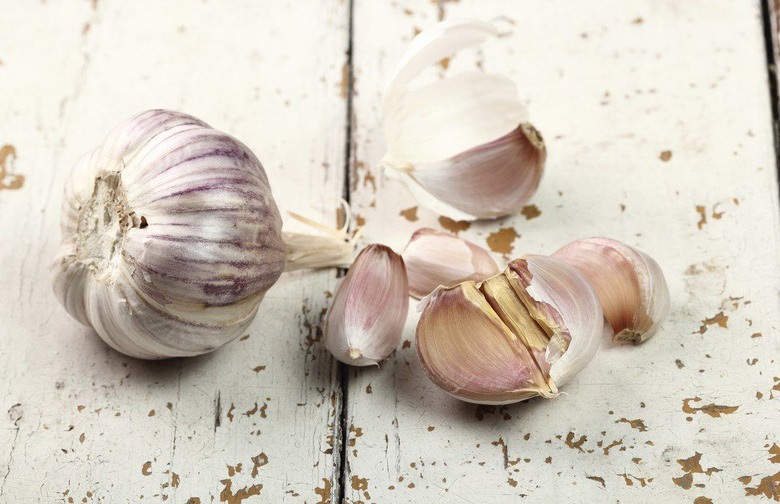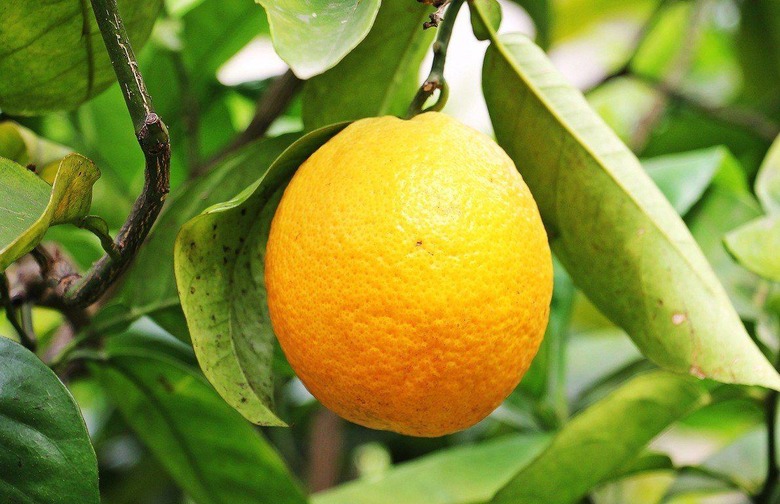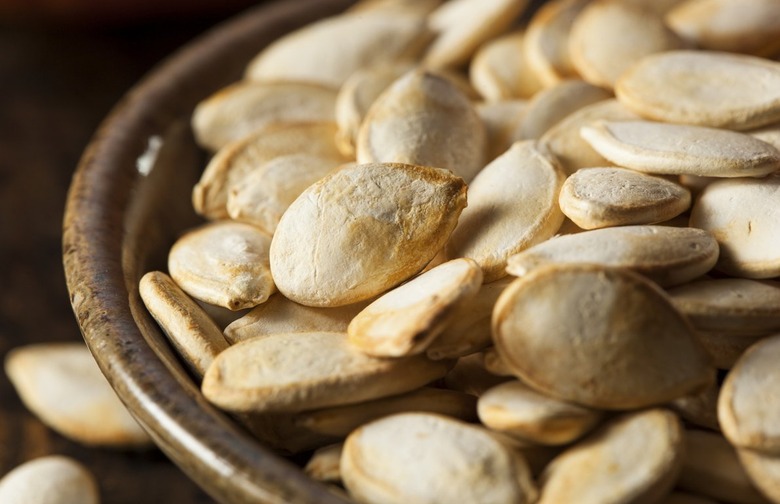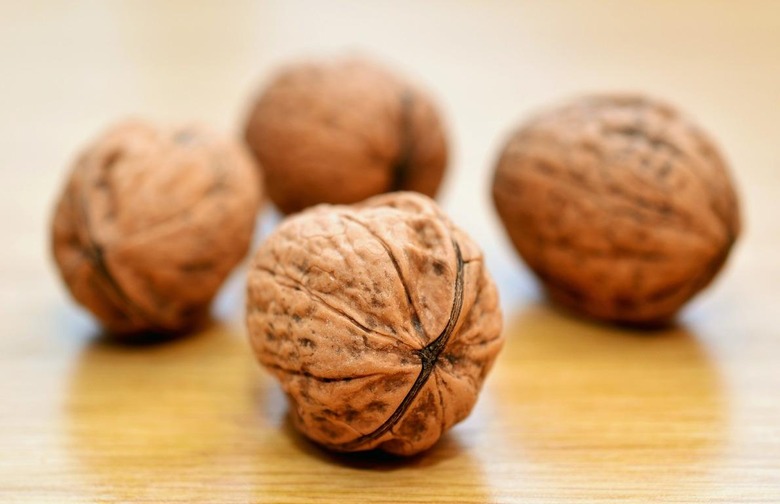Survive Fall Allergies With These 10 Foods Slideshow
Cauliflower
Cauliflower is useful in relieving allergy symptoms because it contains quercetin, a natural antihistamine. Quercetin prevents the immune system cells from releasing the histamines that cause allergy symptoms.
Celery
Celery is a healthy vegetable that's low in calories, high in fiber, and full of vitamin C. Celery is an effective allergy-fighter because of its non-starch polysaccharides that protect the body against inflammation and overblown histamine reactions.
Collard Greens
Collard greens are rich in carotenoids, which are also being considered as a way to inhibit the rise in histamines. A study with mice showed that a higher intake of carotenoids was found to prevent the development of certain food allergies and also reduce the severity of other seasonal allergic reactions. Try some of these collard greens recipes to incorporate this healthy vegetable into your diet.
Fatty fish
DHA and EPA are two types of omega-3 fatty acids that have been found to subdue allergic reactions. Fish, like sardines, salmon, and tuna, are all good sources of omega-3s, which are more effective when consumed naturally rather than from a supplement.
Garlic
Fresh garlic, not the powdered stuff, has been found to strengthen the immune system, making the body more resistant to allergic reactions. Incorporate fresh garlic into soups or pastas to maximize the health benefits. Roasting a head of garlic is another way to make the cloves taste delicious.
Green Tea
When green tea is brewed properly, it does much more than soothe your throat. The antihistamines within the tea also reduce the severity of allergy symptoms. Drink a cup in the morning to help avoid that A.M. sneezing fit.
Oranges
Vitamin C is another powerful antihistamine that's best absorbed through food rather than a supplement. Try eating a nice, big orange daily during allergy season rather than just popping a vitamin C pill.
Pumpkin Seeds
Pumpkin seeds, also called pepitas, contain high amounts of magnesium — more than 100 percent of your recommended daily intake — which helps relieve airways in the lungs. One study found that animals with low levels of magnesium released a greater amount of symptom-causing histamines when subjected to certain allergens. Pumpkin seeds can be mixed into yogurt, cereal, or granola, and have many other culinary uses as well.
Walnuts
If you're a vegetarian, or maybe fish just isn't your thing, try getting your omega-3s by incorporating some walnuts into your diet. The omega-3 content in one handful of walnuts is equivalent to that in a 3.5-ounce portion of salmon. Walnuts also contain ALA chains, another type of omega-3 fatty acid only found in plant oils.
Yogurt
The probiotics in yogurt are useful in suppressing allergic reactions to pollen. The bacteria introduced by the live cultures reduce the body's response to irritants and help to better regulate the immune system.
